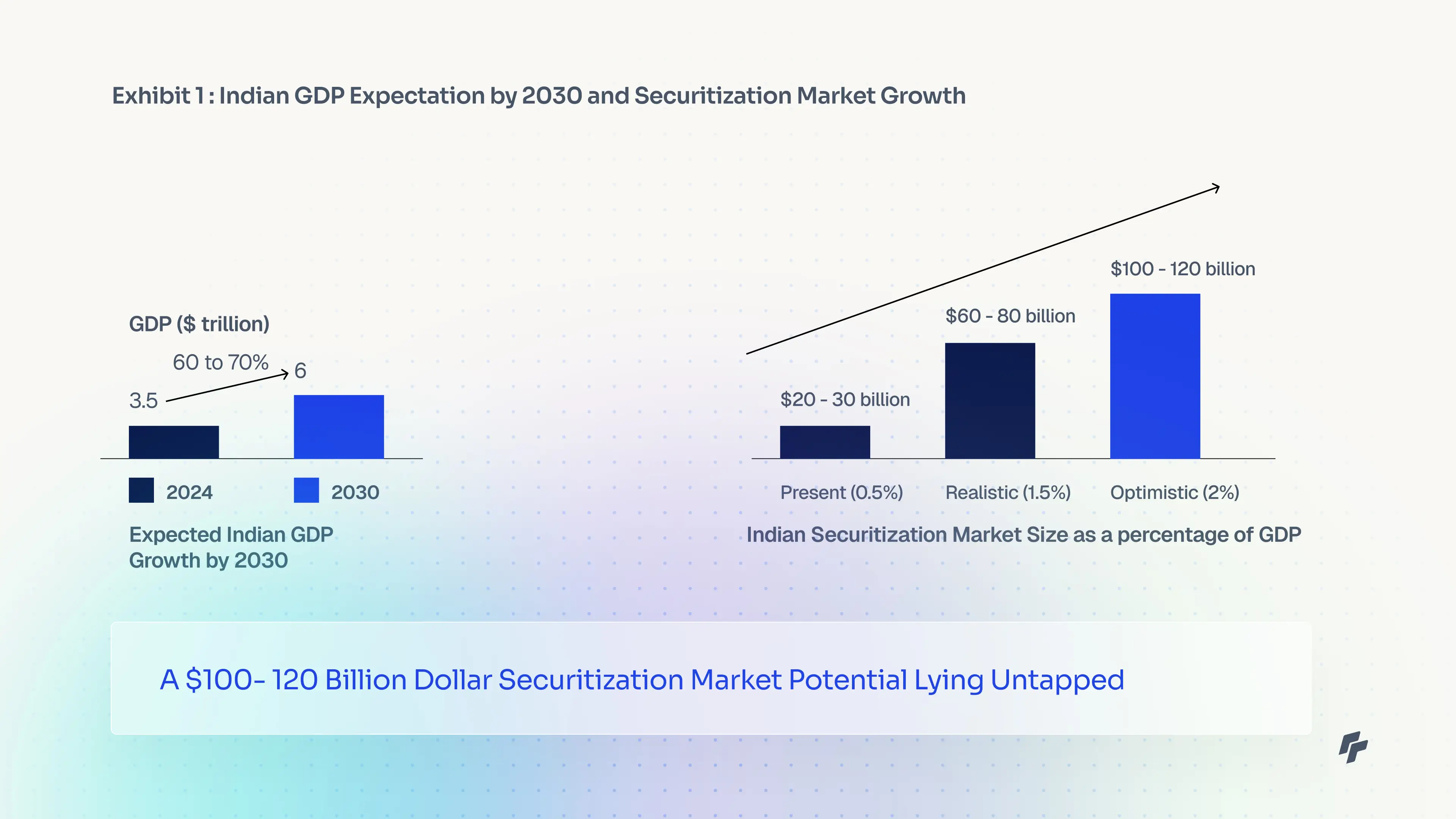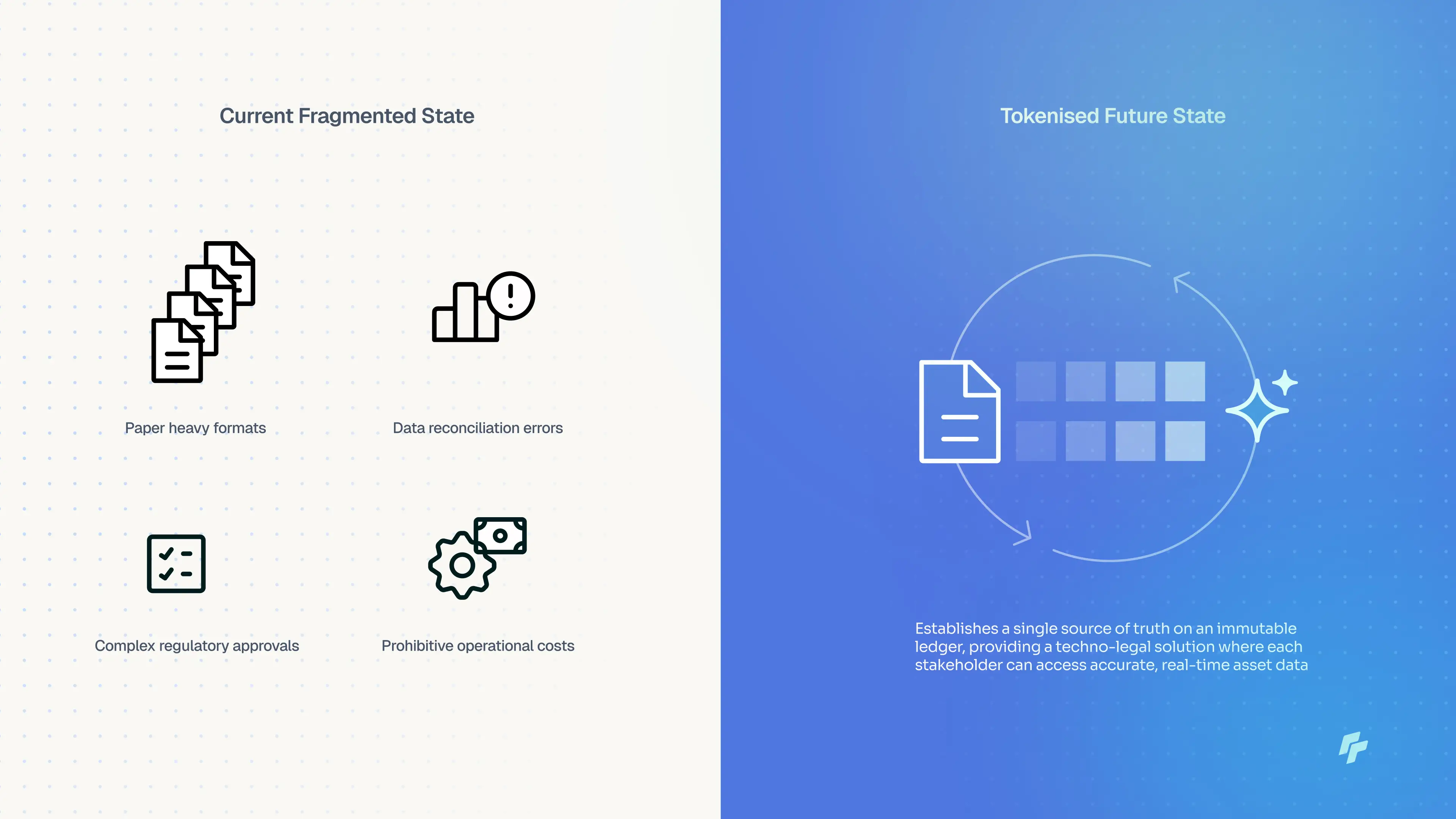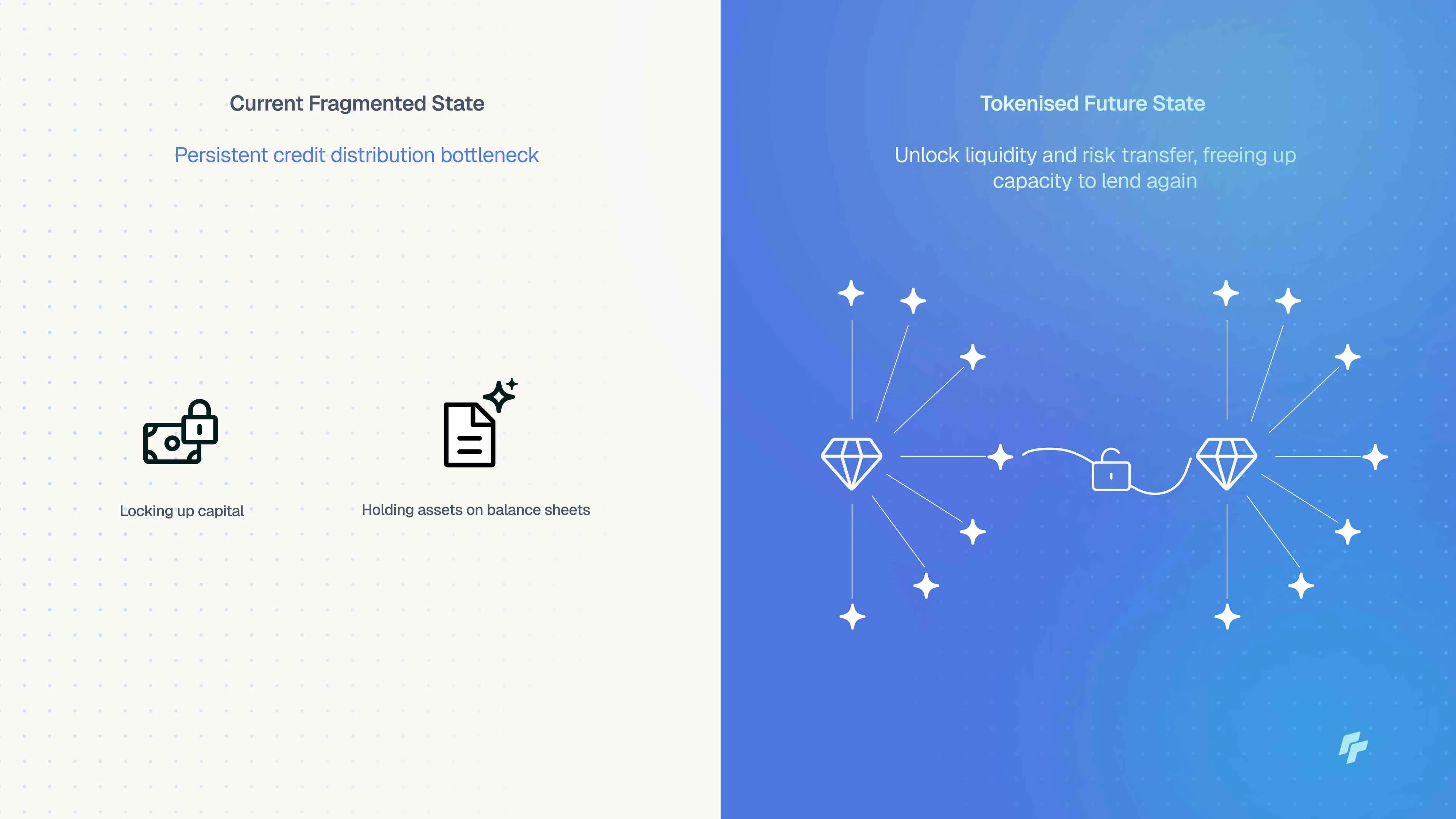Beyond Legacy Systems: A Silent but Monumental Opportunity
At first glance, India's financial growth story is impressive—rapidly expanding markets, robust economic forecasts, and increased global financial participation. Yet, hidden beneath this optimistic narrative lies a silent giant: India's asset-backed securities (ABS) market. Despite its significance, securitization in India has not yet evolved to serve as a deep, liquid market mechanism. Instead, it remains largely restricted to a compliance-driven role. The true potential of the Indian ABS market is estimated to exceed $120 billion—an untapped reservoir of opportunity that, if unlocked, could fundamentally reshape India's fixed-income landscape.

Historically, securitization in India has operated through two primary structures: Direct Assignments (DAs) and Pass-Through Certificates (PTCs). While DAs have historically been the preferred structure of transactions between banks and NBFCs to optimize balance sheet exposures, a promising shift is now underway. PTCs, which enable broader market participation and offer enhanced flexibility and transparency, are gaining significant momentum. This evolution signals a growing appetite to reimagine securitization not just as a risk-transfer tool, but as a scalable investment instrument. While these promising signals indicate growing momentum, India's securitization market stands ready to transcend its current focus on regulatory compliance through Capital Adequacy Ratio (CAR) and Priority Sector Lending (PSL) requirements. The market's evolution from a primarily compliance-oriented mechanism into a robust liquidity engine and strategic investment platform represents a tremendous opportunity. Today's participant landscape—dominated by public and private sector banks circulating book debts within familiar networks—can be transformed into a vibrant ecosystem. The vision ahead is compelling: opening up this market to institutional investors, high-net-worth individuals, and global funds seeking diversified exposure to India’s fast-growing MSME and retail lending sectors.
Opportunities in India’s ABS Market Why India's ABS Market Has Stalled
The ABS market's growth potential remains largely untapped not due to a lack of demand or need—but rather due to systemic inefficiencies and structural inertia that are now ripe for transformation. A single PTC transaction can take up to 45 days to complete, largely because the process remains paper-heavy, fragmented, and overly reliant on legacy stakeholder workflows. By streamlining these processes, transaction costs can be significantly reduced, enhancing the scalability and attractiveness of securitized products.
There's also tremendous potential in reimagining the role of originators. In global markets, originators focus on distributing credit risk and unlocking liquidity by selling down their loan books. In India, however, originators are still expected to originate and hold loans—a model that ties up valuable capital and throttles the pace of new lending. Tokenization presents an opportunity to unbundle these roles: allowing originators to focus on credit creation and initial underwriting, while enabling investors—who seek stable returns—to seamlessly acquire these assets in secondary markets. This separation of roles represents a key catalyst to unlocking scale, liquidity, and diversification.
The Digital Imperative: Tokenizing India's ABS Market
Blockchain-driven tokenization presents a transformational opportunity to fundamentally recalibrate India's securitization landscape. The distinctive power of tokenization extends far beyond simple digitization of financial instruments—it creates a revolutionary capability to capture and embed rich metadata—loan origination details, borrower history, collateral terms—into standardized, immutable digital tokens. These tokens act as dynamic data containers, enabling real-time tracking, regulatory compliance, and efficient trade execution throughout the lifecycle of the asset.

Reimagining Roles and Realigning Market Dynamics
Tokenization inherently reshapes the traditional roles of banks, trustees, and rating agencies. Institutions accustomed to periodic manual assessments would shift toward real-time strategic governance, oversight, and risk management. Banks would no longer merely enforce compliance but instead facilitate dynamic market operations, actively responding to evolving investor demands.
Just as importantly, tokenization opens the door for new classes of investors. Mutual funds, insurance companies, and family offices seeking diversified, income-generating exposure to sectors like MSMEs, auto finance, or microloans can participate in high-quality previously inaccessible securitized assets with real-time visibility and programmable asset behavior The result is a deeper, more liquid market that goes beyond regulatory necessity to become a true engine of financial inclusion and credit expansion.
A Collaborative Blueprint for Transformation
Realizing tokenization's full potential presents India with an exceptional opportunity to foster a collaborative ecosystem approach. By bringing together financial institutions, regulators, and technological innovators in strategic partnership, India can create seamlessly interoperable platforms underpinned by clear, enabling standards. Global examples underline the importance of such collaboration, which significantly boosts efficiency, transparency, and market stability. Indian regulators have an exciting opportunity to craft balanced frameworks that nurture innovation while ensuring robust security measures.
Clearly defined, forward-looking regulations will ensure that the transformative potential of tokenization translates directly into sustained economic growth, attracting a broader spectrum of global investors to the Indian financial market.

India's Leadership Opportunity in Global Digital Finance
As India navigates its digital transformation journey, it is uniquely positioned to redefine global financial narratives. Successfully implementing tokenized securitization will not just resolve domestic market inefficiencies—it positions India as a pioneering leader in global digital finance, setting benchmarks for emerging markets worldwide.
Tokenization represents more than a mere technology shift; it embodies a fundamental shift in financial philosophy. India's ABS market now stands at an exciting inflection point, with unprecedented opportunities to define the future of financial innovation.
India's forward-looking decisions today will not only shape its domestic financial landscape but cement its position as a transformative leader in global financial innovation. The securitization renaissance is unfolding—and India is perfectly positioned to lead from the vanguard, setting new standards of excellence for markets worldwide.

.avif)


%20(1).avif)





